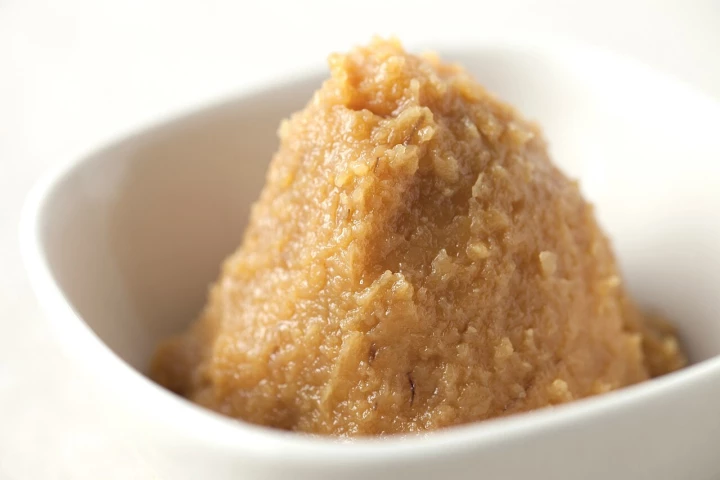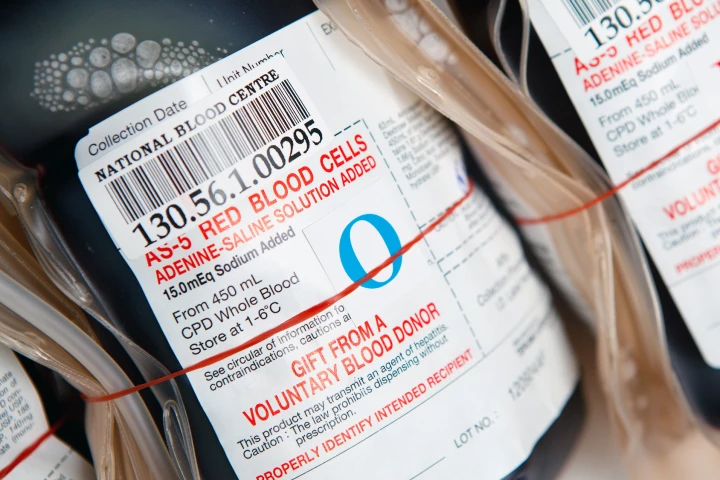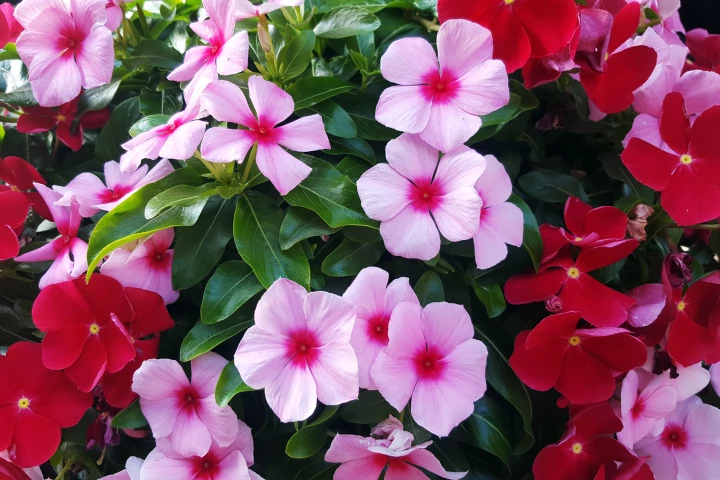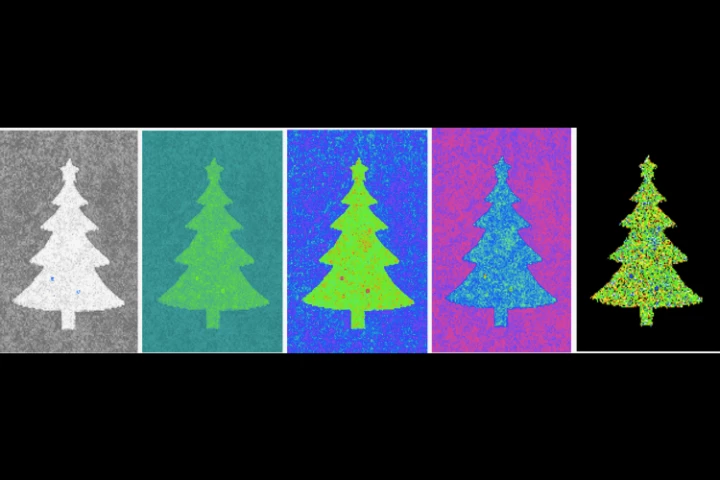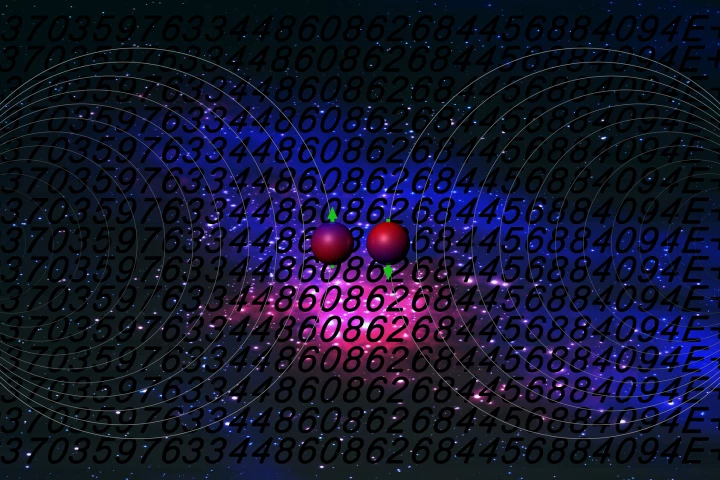Technical University of Denmark
-
If you've ever looked into the living conditions of astronauts in space, you probably know they make do with spartan arrangements, including mostly rehydratable meals. Fermentation could help with making a wider variety of flavorful foods available.
-
Using enzymes produced by a bacteria that almost everyone has in their gut, researchers have removed the antigens from red blood cells that determine blood type, putting us within reach of producing universal donor blood.
-
Last year, scientists at the Technical University of Denmark (DTU) got in a festive mood and created "the world's thinnest Christmas tree." This time, they've produced what they claim is the world's smallest record, complete with a Christmas tune engraved into it.
-
The speed record for data transmission using a single light source and optical chip has been shattered. Engineers have transmitted data at a blistering rate of 1.84 petabits per second (Pbit/s), almost twice the global internet traffic per second.
-
It takes tons of plant matter to make each gram of the cancer drug vinblastine. To find an alternative source, scientists have engineered yeast to produce the precursors of vinblastine, which could help make this vital drug more available and affordable.
-
A couple of years ago, Canadian scientists celebrated the Christmas season by creating a microscopic gingerbread house. In that same spirit, Danish researchers have now produced the world's thinnest Christmas tree – and it's made of graphene.
-
An experimental new material could help rehabilitate the injured and allow the nonspeaking to "speak," among other potential uses. It's also highly elastic, electrically conductive and self-healing – and it's known as CareGum.
-
The Kingdom of Denmark just got a teeny bit bigger after researchers from the University of Copenhagen accidentally discovered the world's northernmost island. Measuring only 100 x 200 ft, the still unnamed isle is located off the coast of Greenland.
-
Imagine if in order to get apple juice, the whole tree had to be ground up, and then the juice had to be separated. Well, that's kind of how things currently are with plant extracts … but perhaps not for much longer, thanks to a tiny new harvester.
-
Quantum ComputingScientists have achieved quantum teleportation between two computer chips for the first time, sending information between them without being physically or electronically connected. The feat opens the door for quantum computers and quantum internet.
-
Due to its simple structure and rapid rate of reproduction, the bacteria E. Coli is favored in scientific research. E. coli have been used to do everything from creating antibiotics to manufacturing propane. Now, researchers have paired the bacteria with robots to create a manufacturing power duo.
-
Lightweight, foldable, and strong sheets of "power paper" have been created by scientists that can store significant amounts of electric charge and may one day provide ultra-thin electricity storage for modern devices.
Load More
